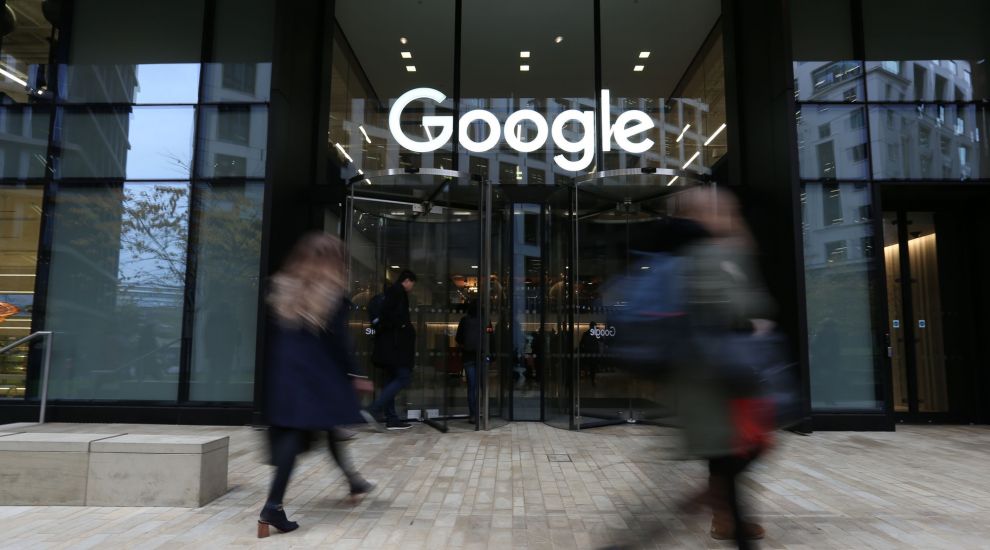
A legal victory over the “right to be forgotten” has important implications for primary online publishers, say lawyers.
Carter-Ruck represented two businessman – convicted of criminal offences many years ago – who argued that their convictions were now legally “spent” and they had been rehabilitated.
The law firm said the claims were “ground-breaking” and “unprecedented”.
On Friday in London, Mr Justice Warby ruled in favour of one of the men, identified only as NT2, who was sentenced to six months’ imprisonment for “conspiracy to carry out surveillance”.
He said that an “appropriate delisting order” would be made in his case, which related to complaints about 11 “source publications”, but ruled out any compensation.
The judge rejected the claim brought by the other man, NT1, who complained about three links returned by Google providing information about his conviction for “conspiracy to account falsely”, for which he received a sentence of four years.
Permission to appeal was granted in his case.
Google contested both claims, which were brought under data protection law and misuse of private information.
The men complained of results returned by Google Search that feature links to third-party reports about their convictions.
Their claims, said the judge, were based on the “right to be forgotten” or, “more accurately” the right to have personal information delisted or de-indexed.
The businessmen were not named publicly, he added, “to avoid the claims being self-defeating, or leading to additional publicity for the information in question.”
Carter-Ruck said the judgment had “important implications for primary online publishers”.
It had “wide-ranging and general implications for take-down requests and subsequent action in relation to inaccurate personal data and references to spent convictions on the internet”.
The judge said that the delisting claims were not an abuse of process as Google alleged.
In NT2’s case, the “crime and punishment information” had become “out of date, irrelevant and of no sufficient legitimate interest to users of Google Search to justify its continued availability”.
NT2 had acknowledged his guilt and expressed genuine remorse. There was no evidence of any risk of repetition.
Rejecting NT1’s claim, the judge said the crime and punishment information “retains sufficient relevance today”.
NT1, he added, “has not accepted his guilt, has misled the public and this court, and shows no remorse over any of these matters.
“He remains in business, and the information serves the purpose of minimising the risk that he will continue to mislead, as he has in the past.”